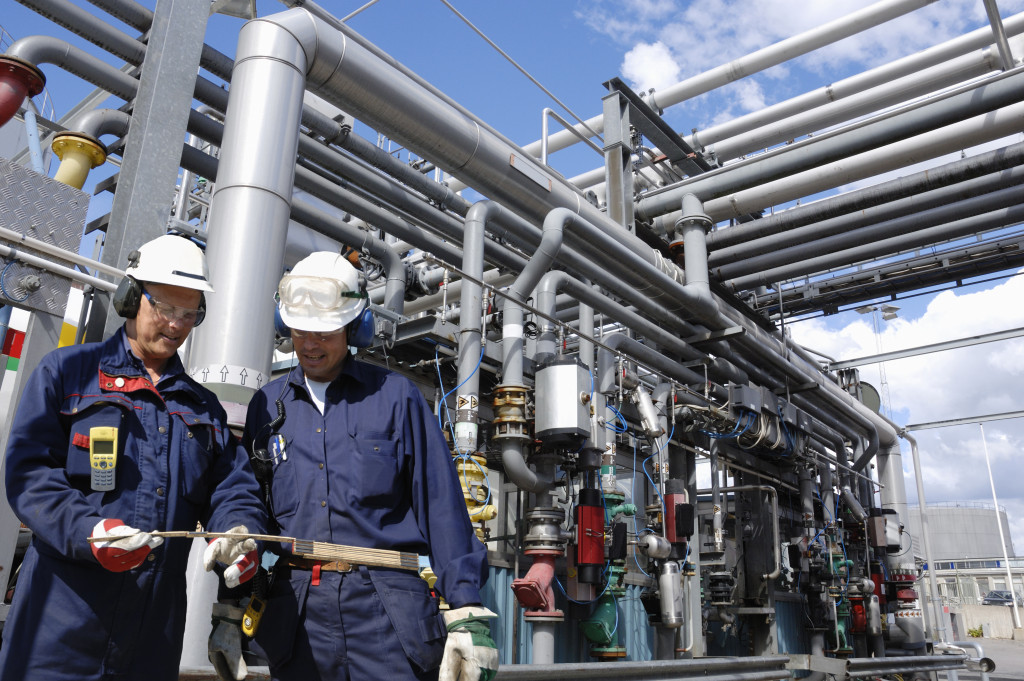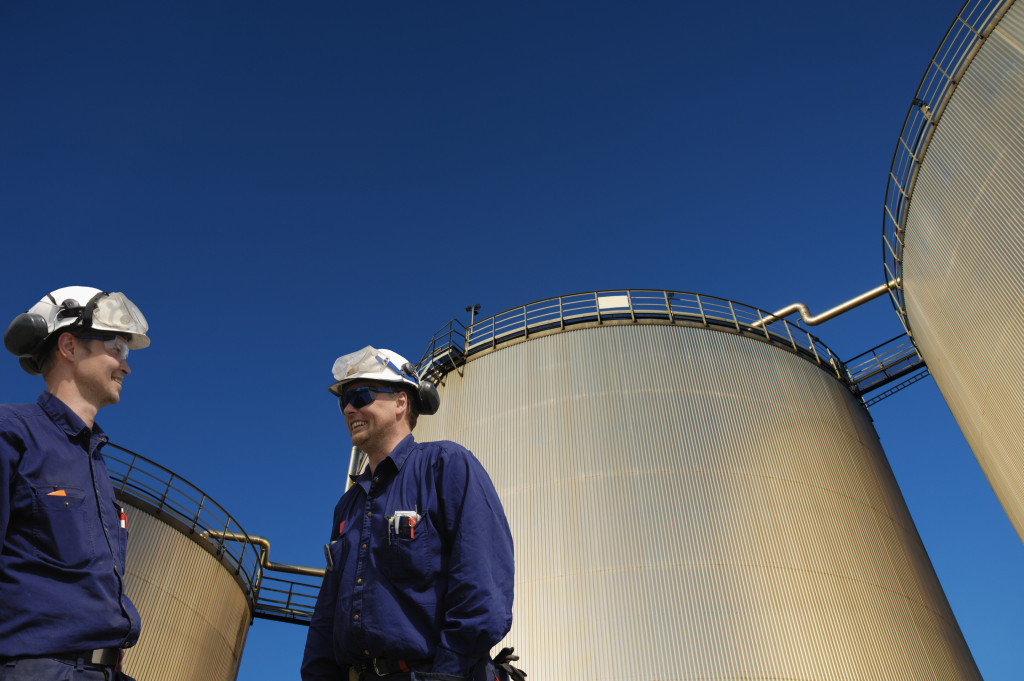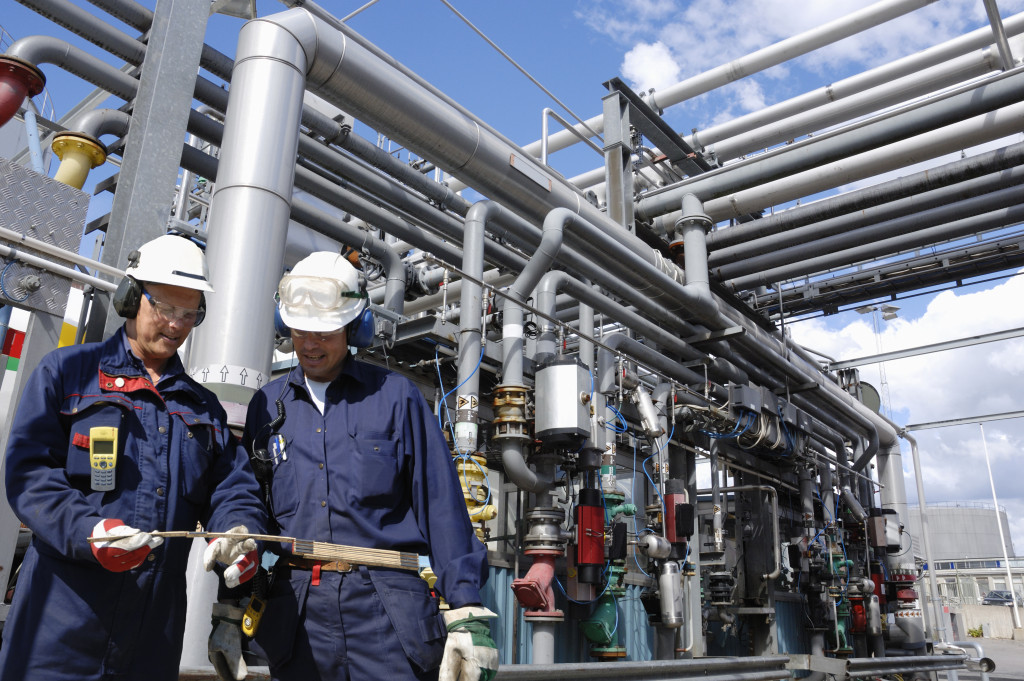
- Chemical plants play a critical role in local development, providing jobs and supporting various industries.
- Sustainability is a key focus, with plants seeking innovative ways to reduce environmental impact.
- Success hinges on skilled workers, advanced technology, safety measures, and quality materials.
- The future of chemical plants involves embracing digitalization, sustainability, and workforce development.
Chemical plants are the unsung heroes of a local community's development. They may not always be in the spotlight, but their contributions are undeniable. These facilities play a pivotal role in powering the region's progress, and this blog will shine a light on the vital work they do.
The Hidden World of Chemical Plants
When you drive past a chemical plant, you might see large tanks, pipes, and towering structures, but there's so much more happening beneath the surface. These industrial complexes are like intricate cities dedicated to the production and transformation of chemicals, fuels, and materials that touch almost every aspect of people's lives. Additionally, they provide numerous job opportunities and support the economy by supplying products to other industries.
Supporting the Chemical Symphony
Chemical plants are more than just factories; they're vital components of a larger, interconnected system. They work hand in hand with other industries, such as agriculture, automotive, and technology, to create the products people use every day.
Without these plants, many of the goods and services people rely on would not be possible. Additionally, chemical plants contribute to the advancement of technology and innovation by producing materials used in various fields.
A Sustainable Future

Today, many local chemical plants are embracing sustainability. They are finding innovative ways to reduce their environmental impact and enhance the efficiency of their processes. By implementing new technologies and practices, these facilities are not only contributing to the community's development but also protecting the planet for future generations. Additionally, they are creating a more sustainable and resilient economy by reducing their reliance on non-renewable resources.
The Key to the Success of Chemical Plants
There are many factors that contribute to the success of chemical plants. These four factors ensure the safe and efficient operation of these facilities:
The workers
The workers in chemical plants are highly skilled and trained individuals. They are responsible for operating and maintaining the complex equipment, ensuring the safety of themselves and their colleagues, and adhering to strict regulations. Additionally, the workers in chemical plants are usually from the local community, making these facilities an integral part of the workforce and economy.
Advanced technology
The advancements in technology have greatly improved the operations of chemical plants. From automated processes to advanced monitoring systems, these innovations allow for better control and optimization of production processes.
Safety and security measures
Chemical plants are heavily regulated and have strict safety protocols in place to prevent accidents and protect the health of workers and nearby communities. They also have security systems to safeguard against potential threats.
Quality materials
The quality of materials used in chemical production is crucial. The raw materials must meet high standards to ensure the safety and effectiveness of the final products. This is especially important when it comes to materials such as the inert bed support balls used in chemical reactors.
Quality inert bed support balls are essential for maintaining the stability and efficiency of chemical reactions. These small but mighty spheres provide a surface area for chemical reactions to occur and help prevent catalyst particles from getting crushed or damaged.
With these four factors, chemical plants can operate smoothly and safely, contributing to the overall development of the community.
The Future of Chemical Plants

The chemical industry is poised for significant growth in the coming years, thanks to emerging technologies and innovative practices. The future of chemical plants hinges on three key areas: digitalization, sustainability, and workforce development.
Embracing digitalization will enable plants to optimize their processes and improve efficiency. Doubling down on sustainability initiatives can help reduce environmental impact while also fueling economic growth. Lastly, focusing on workforce development will ensure that the industry has the skilled labor it needs to continue innovating and evolving.
Chemical plants have firmly established themselves as a critical cornerstone of the community, contributing to various industries and driving local economic growth. The shift towards sustainability, coupled with the adoption of breakthrough technologies, only serves to further cement their pivotal role in shaping the future.
As the world continues to rely on these intricate 'chemical cities', people must never forget the skillful workforce that keeps them running smoothly and safely. The chemical plants might often go unnoticed, but their impact is anything but unseen. They are the silent heroes, creating materials and fueling processes that form the backbone of people's everyday lives, pushing us toward a more prosperous and sustainable tomorrow.

